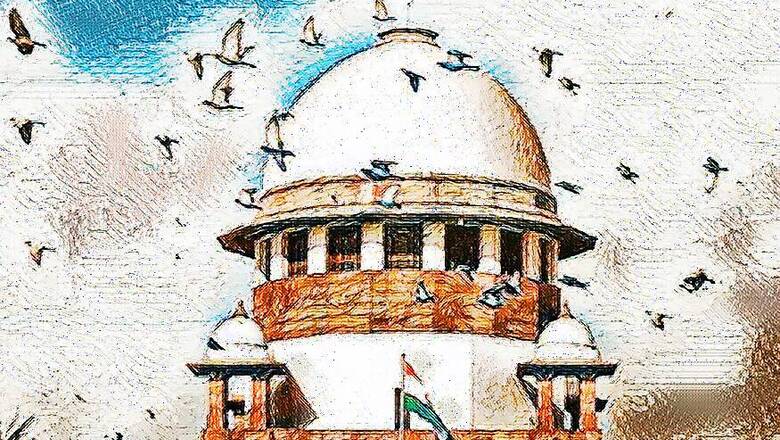
views
Mumbai: The Supreme Court has tried to strike a balance in its verdict in the Ayodhya case, prominent lawyers said here on Saturday.
The Supreme Court, in a unanimous decision, cleared the way for the construction of a Ram Temple at the disputed site in Ayodhya, and also directed the Centre to allot a five-acre plot to the Sunni Waqf Board for building a mosque.
Noted criminal defence lawyer Amit Desai said the Apex court has delivered "substantial justice". While there can be various interpretations of evidence, the Supreme Court's role, while assessing the evidence in this kind of matter, is also that larger public interest is taken into consideration and substantial justice is delivered, which the court has done, he said.
"It's a verdict which should bring about peace and harmony among various interested parties in the matter, that's the more important message here," he added.
"They have taken historical evidence presented by the Archaeological Survey of India to be the base for the belief that temple existed. They have also recognised the fact that inner portion of the disputed land was used by Muslims uninterrupted for offering namaz," said advocate Satish Maneshinde.
The apex court also held the demolition of the Babri Masjid as illegal, giving a message that the rule of law must prevail, said Maneshinde, who had represented actor Sanjay Dutt in the 1993 Mumbai blasts case. "Therefore, they (the judges) have tried to strike a balance by giving the temple its due. Once the structure (mosque) is demolished, all that Supreme Court can do is give
alternative land to construct it," he added.
"I only hope all communities accept the judgment and political parties don't whip up any more sentiments, which would only encourage hardcore elements in both the communities to take law in their own hands," Maneshinde said.
Ujjwal Nikam, who was the special public prosecutor in the 1993 blasts case, said, "This is a historic judgment. The Supreme Court did not rely upon any practice or faith, but gave the judgment based on documentary evidence and oral evidence and tried to balance interests of all the communities.
"I would like to appeal to the public to respect the judgment and we should ensure that communal harmony is not disturbed," he added.
Advocate Majid Memon, Rajya Sabha MP who had represented some of the accused in the 1993 blasts case, said one of the achievements of the judgment is there would no longer be any politicisation of the issue.
The animosity between the two major communities in the country, which the "black day" of December 6, 1992, (when the Babri masjid was demolished) generated, should now end, Memon, who is also NCP member, said. "We should now build, rather rebuild, cordial relationship between Hindus and Muslims in India," the senior lawyer said.
Justice B G Kolse-Patil, retired Bombay High Court judge, however, expressed disappointment over the judgment. "My expectation from the Supreme Court, the highest court of the land, was that the court will restore India which was before December 6, 1992, and India will be taken back to peace, which the court has failed to do," he said.




















Comments
0 comment